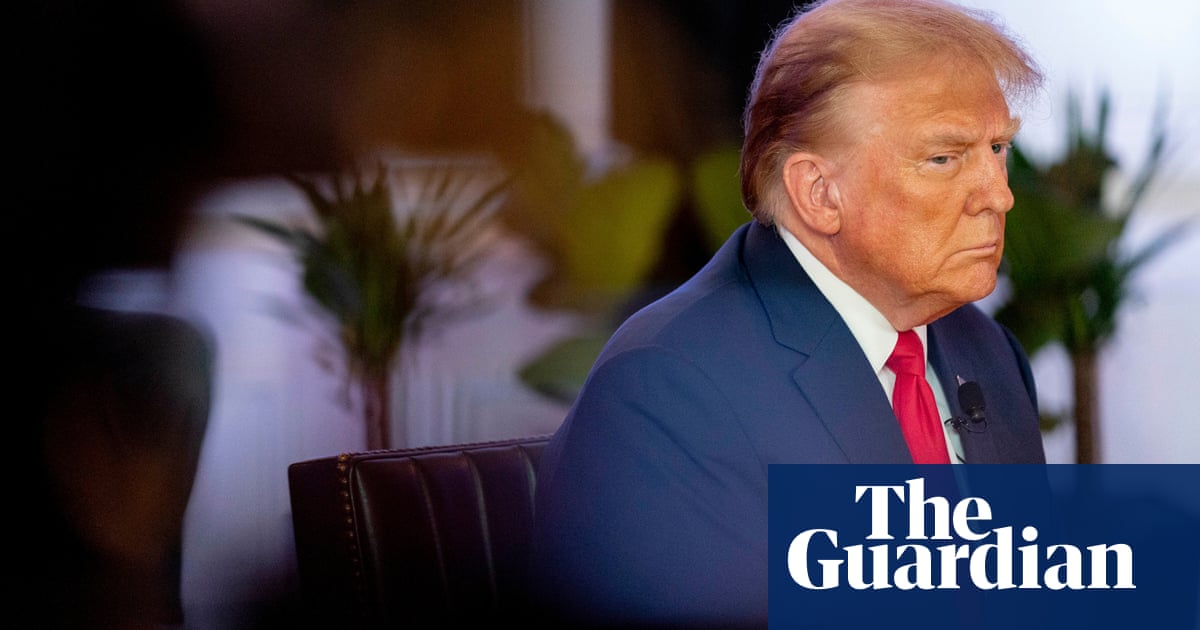
The UK will have weaker ties with the European Union on foreign and security policy, an ally of the French president, Emmanuel Macron, has said, amid bafflement in Brussels over Boris Johnson’s “global Britain” ambitions.
Nathalie Loiseau, Macron’s former Europe minister, who now chairs the European parliament’s security and defence subcommittee, told the Guardian that EU-UK foreign policy cooperation would decline in key areas, including some intelligence-sharing, military operations and the Galileo satellite system.
“The UK is an ally in Nato, but there are a few significant topics on which if there is no formal framework the cooperation will not be the same as before.”
At the launch of Brexit talks in February the government said that “friendly dialogue and cooperation between the UK and the EU” did not require “an institutionalised relationship”.
The UK’s decision not to seek any formal foreign policy links – reversing Johnson’s previous promise - has caused profound disappointment among EU allies.
Brussels diplomats are also puzzled by the prime minister’s ambitions for “global Britain” and unsure about where the UK is seeking to position itself vis-a-vis Europe, the United States and China. “Global Britain sounded more like a good weather motto and today we are in the middle of a hurricane with international tensions higher than ever,” Loiseau said.
“We don’t hear much from the UK right now, on issues like Iran or Syria or Libya,” Loiseau said. “Even in Nato the voice of the UK is much weaker than it used to be. It may be temporary … but that’s a fact.”
While the UK has bilateral relationships with foreign security services, Loiseau said some intelligence-sharing “to assess terrorist risks and risks coming from third states willing to influence divide us or weaken us” would be lost without a formal agreement.
The former French diplomat said the UK would no longer be able to take part in EU military missions overseas. The UK has contributed personnel to an estimated 25 of 35 EU military and civilian missions, although usually less than other member states. As an EU member state, the British led a naval force to protect ships from Somali pirates, and remains involved in the EU peacekeeping force in Bosnia.
Similarly Loiseau said the absence of a foreign policy agreement would rule out British access to the Galileo satellite’s encrypted signal, which can be used to guide missiles and share information during national emergencies, such as terrorist attacks.
“We would certainly not deny the UK its rights provided that they come into a specific framework agreement which is needed,” Loiseau said. “This notion that everything can be clarified by diplomatic niceties is not correct, is not accurate.”
Her view chimes with regret and puzzlement across the EU over Johnson’s decision not to see any foreign policy agreement.
The EU’s chief negotiator, Michel Barnier, a former minister in the French government, recently said “I still don’t understand why” the UK was not seeking formal links on defence and security policy, noting that Johnson had signed up a foreign policy relationship in the political declaration last October.
One EU diplomat told the Guardian it was “really a blow for us” when Johnson revealed the UK no longer wanted any foreign policy ties, including on development and foreign aid. “We are very concerned that it is going to be much more difficult to have closer cooperation.”
A second EU diplomat said without a common agreement there was “the risk that the two sides drift further apart, which I don’t think is in our common interest”. EU diplomats argue that ad-hoc arrangements could never be as good and will be exposed as a poor substitute during a crisis.
Loiseau rejected suggestions that France had made it difficult for a post-Brexit Britain to cooperate with the EU on a new generation of defence projects, by ruling out British companies from contracts. Under Theresa May, the UK government said the then French position – excluding non-EU entities from contracts – made it impossible for the UK to get involved.
Loiseau said discussions were ongoing. “We have always been very much in favour or keeping the UK as much as possible on board on foreign policy, on security and defence.”
The UK government has been contacted for comment.









